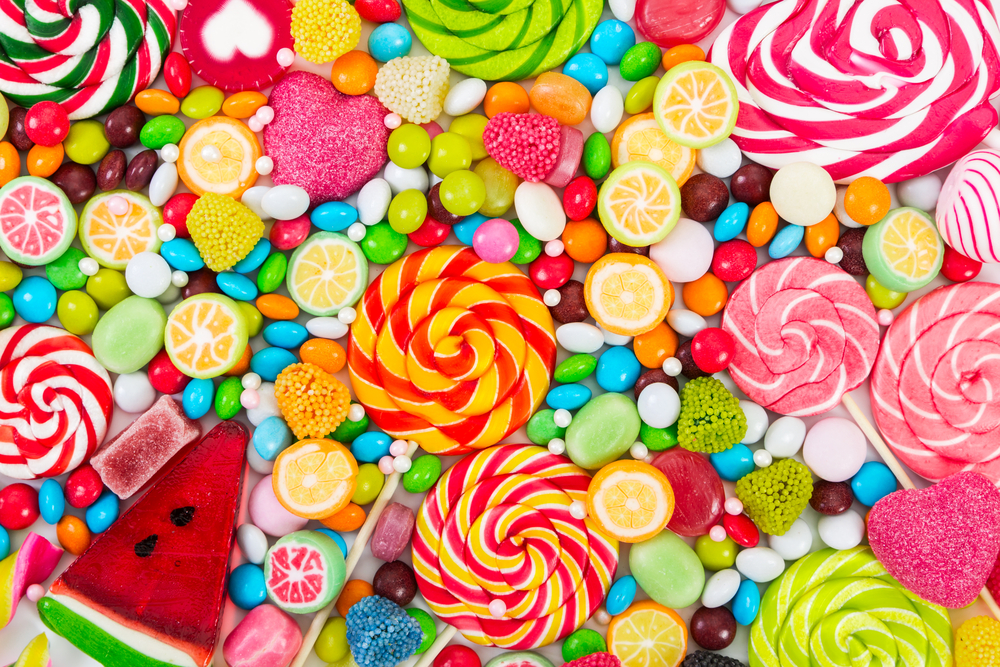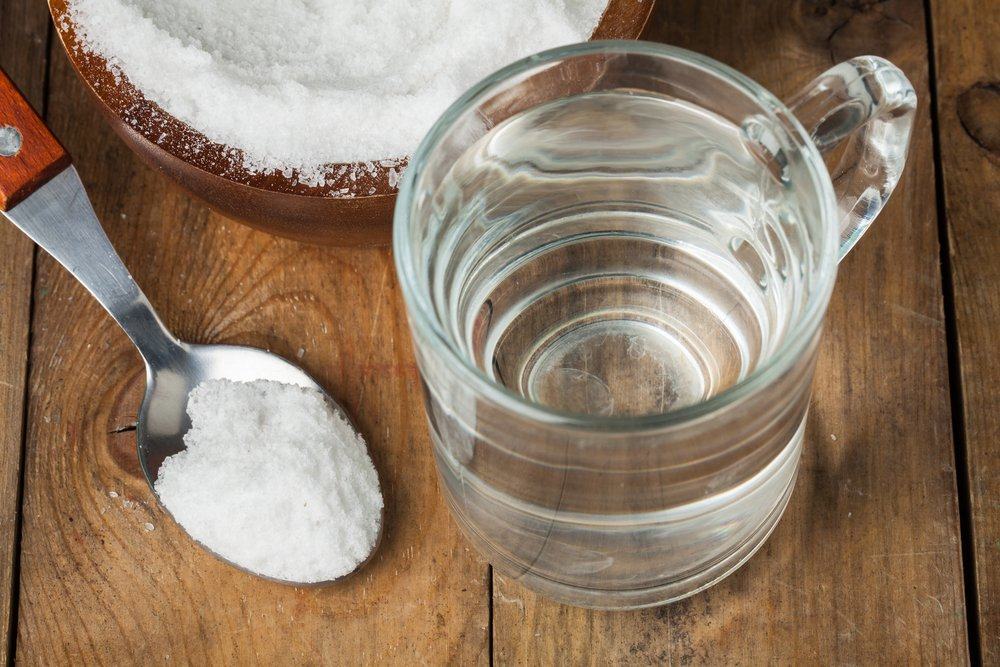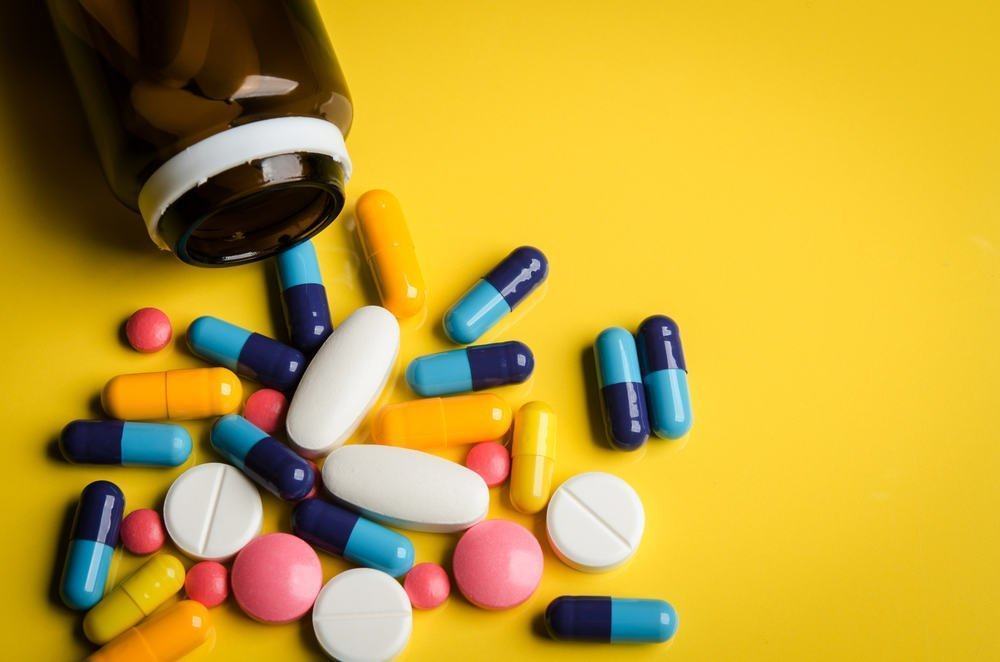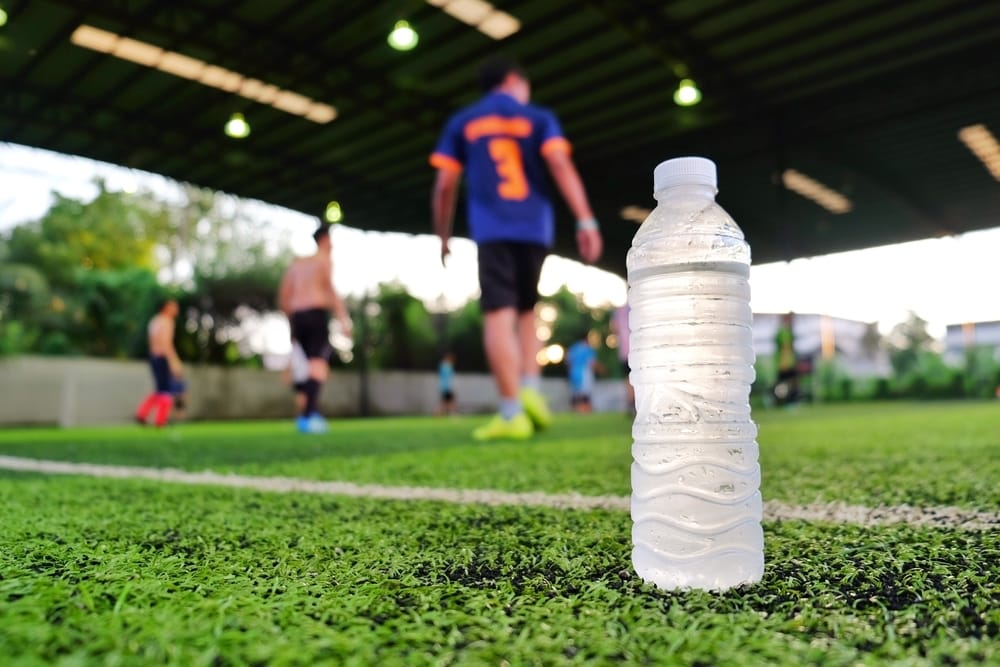Contents:
- Medical Video: Signs, Symptoms, and Treatment of ADHD in Children
- Foods for ADHD children should be avoided
- 1. Foods high in sugar
- 2. Soda
- 3. Packaged and processed food
- 4. High-gluten foods
- 5. Cow's milk products
- 6. Foods that contain mercury
Medical Video: Signs, Symptoms, and Treatment of ADHD in Children
The nutritional needs of children with ADHD are slightly different from children in general. Nutrition that is most needed by children with ADHD is good for brain health to help reduce various symptoms such as lack of focus, a lot of movement, and easy to forget. So, what foods for ADHD children should be avoided?
Foods for ADHD children should be avoided
Food is not the cause of ADHD. Therefore, so far there have been no cases of ADHD caused only because of the diet of unhealthy children. ADHD symptoms also won't get worse just because of dietary problems and child nutrition. However, that does not mean ADHD children can eat carelessly.
There are several types of foods and drinks that must be avoided so that the child's ADHD symptoms are easier to control. The following are various foods that should be avoided, namely:
1. Foods high in sugar
Children love sweets, such as sweets and cakes and biscuits. Although until now there have been no scientific studies that can prove sugar can cause hyperactive children, sugar is a simple carbohydrate that is easily absorbed by the body. Most eat sugar causes blood sugar levels to rise quickly. Increased blood sugar then affects higher adrenaline production, which can effect hyperactive behavior in children.
Some parents who have children with ADHD say that applying a sugar diet to their children can make it calmer. Dr. David Williams and naturopathic doctor John M. Dye from The Healing Center On-Line say that some ADHD children react positively when given a low-sugar diet.
So, you should start reducing your child's sugar consumption and replace it with complex carbohydrates, such as tubers (potatoes, sweet potatoes, corn, and pumpkin), nuts and seeds, and vegetables and fruits such as apples, pears, and oranges which are also high fiber.
2. Soda
Soft drinks are rich in sugar, fructose corn syrup, artificial sweeteners, caffeine, and coloring agents. A study in 2013 stated that excessive sugar and caffeine intake can cause an increased risk of hyperactive symptoms in children.
Research conducted by Harvard Medical School shows that food coloring agents, especially those with bright colors (red, yellow, or orange) can worsen the hyperactivity symptoms of children who have ADHD.
In addition, the study concluded that 5-year-old ADHD children who "diligently" drink soda tend to tantrum more often and isolate themselves from around.
3. Packaged and processed food
Packaging and processed foods contain various additives such as flavoring (MSG), preservatives (sodium benzoate), flavorings, and artificial coloring. The contents of these additives can have a negative impact on ADHD symptoms.
David Perlmutter, M.D., a neurologist and author of the book Raise a Smarter Child by Kindergarten said additives in food can increase hyperactivity and reduce the child's ability to concentrate.
Therefore, it's a good idea to choose organic food and process it yourself at home to avoid the negative effects of factory food packaging.
4. High-gluten foods
A number of studies report that high-gluten food intake can worsen ADHD symptoms in children. This is most likely influenced by the child's body sensitivity to gluten, special proteins found in wheat and whole grains such as barley, and couscous.
Therefore, it is better to avoid various types of wheat-based foods such as bread, pasta, and whole-grain cereals.
5. Cow's milk products
Most cow's milk products contain casein A1 which can trigger a negative reaction in ADHD children. If the child shows negative symptoms after consuming dairy products, stop consuming them. Dairy products other than cow's milk, such as goat's milk or sheep's milk do not contain these proteins so they can be a better source of protein for ADHD children.
6. Foods that contain mercury
The child's body is very sensitive to poisons, such as mercury. This compound is commonly found in fish meat and other seafood products. Mercury that accumulates in the body can be toxic to the brain's nervous system which can cause child health problems, such as a decrease in concentration.
A number of child health experts recommend parents who have ADHD children to avoid fish with high mercury levels such as king mackerel, swordfish or pedan fish, sharks, yellow fin tuna, and tilefish.
However, this does not mean that ADHD children must abstain from eating seafood. Because, seafood is a high-omega-3 food source that is good for brain health. To avoid mercury poisoning, it is recommended to consume a maximum of two fish per week. The sea fish allowed are salmon, shrimp, sardines, anchovy, and trout.












